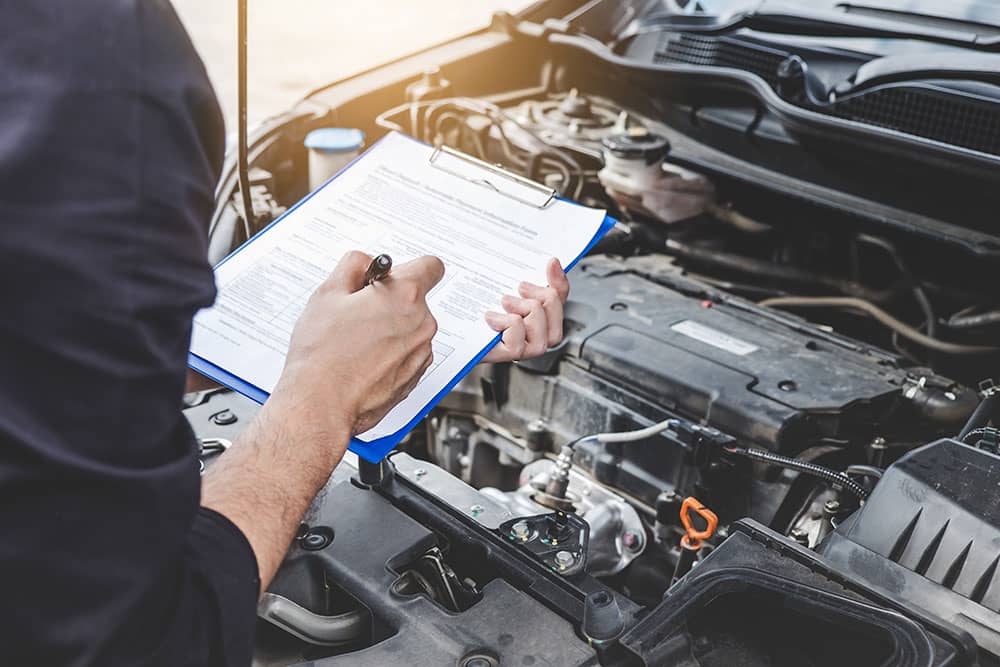Buying a car is an exciting event, especially if it is your first car. But it can be a daunting experience, as well. So many choices, limited budgets, accessories and features to consider – it’s not an easy process to go through, whether you’re an adult or a teen. Don’t let the complexities of car purchases discourage you, though. We’ve got valuable tips guaranteed to help you make an intelligent decision for your first-ever car.
How Much Can You Afford?
Before anything else, you need to set a budget. Sure, you have an idea about what you would like to buy, but it’s probably an endless list of cars. By having a budget, you can eliminate those that you cannot afford and pick the top choices from the remaining ones.
Car prices can be intimidating for teens (and their parents). There’s usually a limited budget that has been agreed upon before the purchase. The good news is that there are financing options that you can tap into. Plus, you have other choices to own a car, such as buying and leasing.
So, how much can you afford? Calculate the charges first before you decide on a budget. Consider your savings, your earnings, and costs each month. Then, plan out ways to cut some of your expenses, which should go towards the car. Here are more finance-related tips:
- Pay the full cost of the vehicle upfront if you can afford it. You can save so much money on interest and may even get a discount.
- If you have issues with your credit history, it may be challenging to get financing. Check with your current bank or talk to an insurer if you qualify for a loan. It is usually easier to apply for a loan if you have a steady source of income, such as your employment.
- If you are offered a car loan, you should check if the deal suits you. A simple rule of thumb is to know how much your monthly payments will be. For example, if you have a 48-month loan, you will need to provide $25 per month for every $1,000 you borrow. The longer the loan term, the lower your repayments will be, but you end up paying more in the end. Try to avoid loans that are as long as 60 months or more.
- Even if you have been granted a loan, the upfront cost is the most significant expense. It includes registration and car title, which should be paid down upon purchase. But remember that the more you put down, the lower your repayments will be.
- Don’t forget that owning a car means you will require additional funds for gas, insurance, and maintenance, among others.
Before signing any financial documents, make sure that you read everything thoroughly. Don’t be afraid to ask questions if there is anything at all that you do not understand – no matter how simple it appears.
Find the Best Car for Your Lifestyle
After determining how much you can spend on your car purchase, it’s time to weigh your choices. It’s critical to research before you buy so that you can find the right car that can meet your needs. How do you know the suitable vehicle for your lifestyle? Ask yourself the following questions:
- Will you use the car to drive to work or work?
- Will you travel long distances or do you need the car for several hours a day?
- Will you be travelling on the road often?
- Will you share the car with other family members? Will there be other people getting rides from you?
- Will you be transporting heavy luggage or passengers regularly?
- Are you looking for specific features? If so, list those features, making sure to put the most important ones at the top.
- Are there must-have technologies? What about those that you do not want?
Your answers to the questions above will give you an idea regarding the best body style (e.g., SUV, sedan, etc.) for your lifestyle. The size and performance of the vehicle can also be determined. Keep in mind, though, that your goal is to minimise expenses. Unless you are willing to wait and save more money, you should avoid anything you cannot afford.
Make Sure You Don’t Get a Lemon
Buying a second-hand car will help you lower your expenses. However, the problem with many used cars is that they can be in poor working conditions. So, you did save a lot of money, but you end up paying more for repairs. Worse, the car stops working after a few weeks or so. It’s terrible! And it can happen to you, especially if you choose a car with an unbelievably low price. Remember that there is a reason why it’s cheap – and it’s not because the seller wants to help you save money.
Before you buy, determine the fair price for certain models on your list. Some factors increase the final cost of the car, such as:
- Technology
- Safety
- Fuel economy
- Reliability
- Resale value
While on the subject of used cars, you’re probably wondering if it’s a good idea to select a second-hand vehicle. To help you decide, here are some excellent reasons for buying a used car:
- Cheaper than new or unused cars
- Lower insurance rates
- More choices
- Can provide better value
- May have more safety features, depending on the model and the previous owner
- May offer high-end finishes without the high price
As a first-time car buyer, you’re probably on a budget, which means a used car may be a good option for you. Once you’re ready to buy a new one, you can sell your old car and use the money to add to your budget.






Share
Facebook
Twitter
LinkedIn
Telegram
Tumblr
WhatsApp
VK
Mail